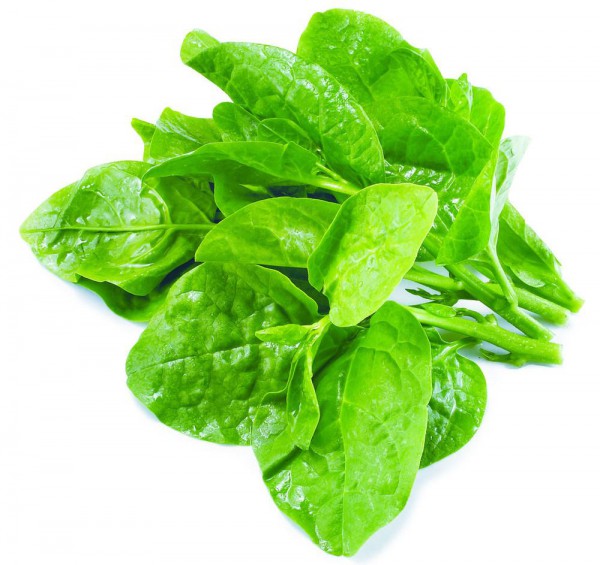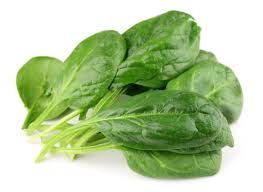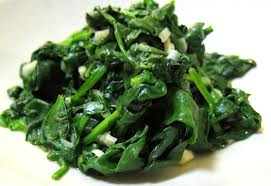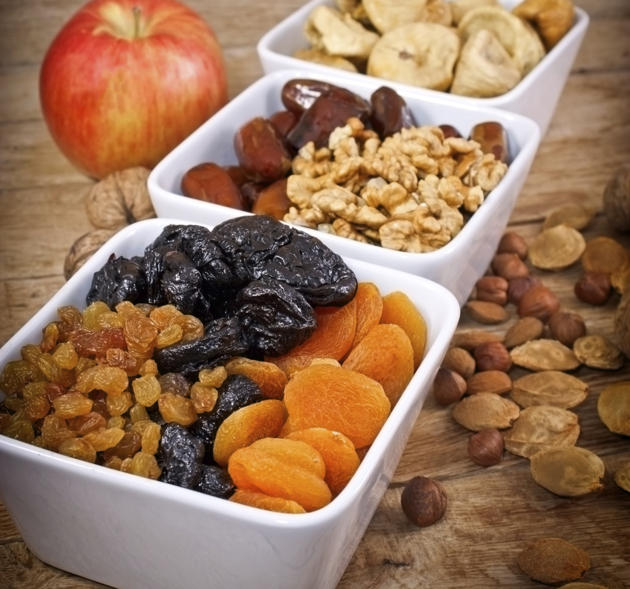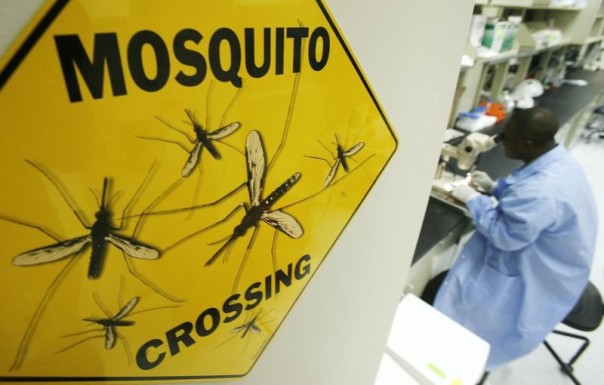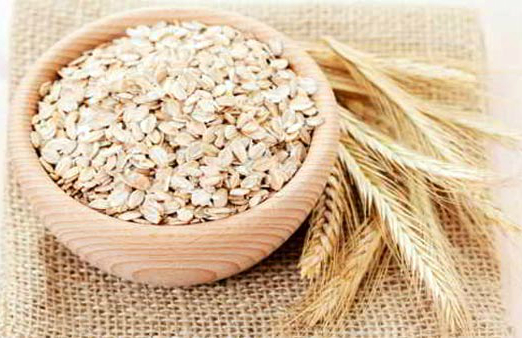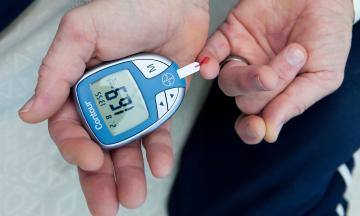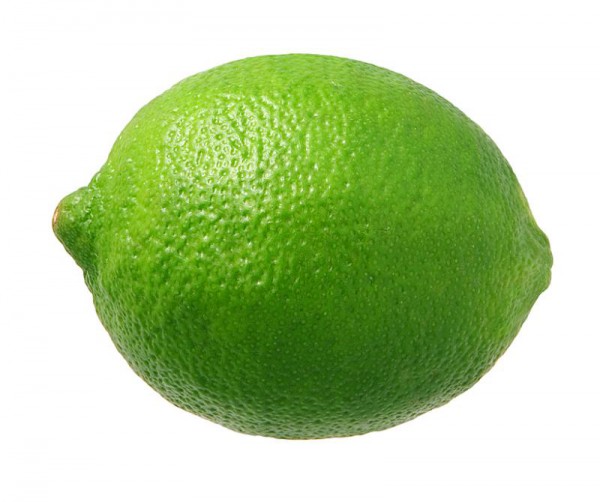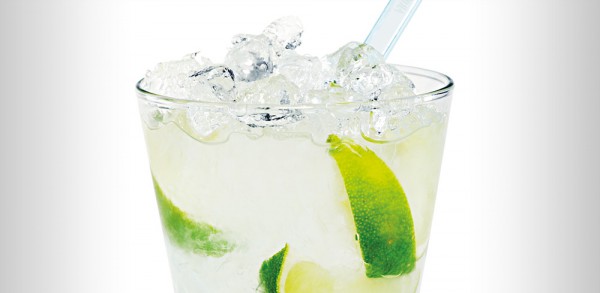Lack of sleep isn’t the only thing sapping your energy. Little things you do (and don’t do) can exhaust you both mentally and physically, which can make getting through your day a chore. Here, experts reveal common bad habits that can make you feel tired, plus simple lifestyle tweaks that will put the pep back in your step.
You skip exercise when you’re tired
Skipping your workout to save energy actually works against you. In a University of Georgia study, sedentary but otherwise healthy adults who began exercising lightly three days a week for as little as 20 minutes at a time reported feeling less fatigued and more energized after six weeks. Regular exercise boosts strength and endurance, helps make your cardiovascular system run more efficiently, and delivers oxygen and nutrients to your tissues. So next time you’re tempted to crash on the couch, at least go for a brisk walk—you won’t regret it
You don’t drink enough water
Being even slightly dehydrated—as little as 2% of normal fluid loss—takes a toll on energy levels, says Amy Goodson, RD, a dietitian for Texas Health Ben Hogan Sports Medicine. Dehydration causes a reduction in blood volume, explains Goodson, which makes the blood thicker. This requires your heart to pump less efficiently, reducing the speed at which oxygen and nutrients reach your muscles and organs. To calculate your normal fluid needs, take your weight in pounds, divide in half and drink that number of ounces of fluid a day, Goodson recommends.
You’re not consuming enough iron
An iron deficiency can leave you feeling sluggish, irritable, weak, and unable to focus. “It makes you tired because less oxygen travels to the muscles and cells,” says Goodson. Boost your iron intake to reduce your risk of anemia: load up on lean beef, kidney beans, tofu, eggs (including the yolk), dark green leafy vegetables, nuts, and peanut butter, and pair them with foods high in vitamin C (vitamin C improves iron absorption when eaten together), suggests Goodson. Note: an iron deficiency may be due to an underlying health problem, so if you’re experiencing these symptoms of iron deficiency, you should visit your doc.
You’re a perfectionist
Striving to be perfect—which, let’s face it, is impossible—makes you work much harder and longer than necessary, says Irene S. Levine, PhD, professor of psychiatry at the New York University School of Medicine. “You set goals that are so unrealistic that they are difficult or impossible to achieve, and in the end, there is no sense of self-satisfaction.” Levine recommends setting a time limit for yourself on your projects, and taking care to obey it. In time, you’ll realize that the extra time you were taking wasn’t actually improving your work.
You make mountains out of molehills
If you assume that you’re about to get fired when your boss calls you into an unexpected meeting, or you’re too afraid to ride your bike because you worry you’ll get into an accident, then you’re guilty of “catastrophizing,” or expecting that the worst-case scenario will always occur. This anxiety can paralyze you and make you mentally exhausted, says Levine. When you catch yourself having these thoughts, take a deep breath and ask yourself how likely it is that the worst really will happen. Getting outdoors, meditating, exercising, or sharing your concerns with a friend may help you better cope and become more realistic.
You skip breakfast
The food you eat fuels your body, and when you sleep, your body continues using what you consumed at dinner the night before to keep your blood pumping and oxygen flowing. So, when you wake up in the morning, you need to refuel with breakfast. Skip it, and you’ll feel sluggish. “Eating breakfast is like starting a fire in your body by kickstarting your metabolism,” Goodson says. Goodson recommends a breakfast that includes whole grains, lean protein, and healthy fat. Good examples include oatmeal with protein powder and a dab of peanut butter; a smoothie made with fruit, protein powder, low-fat milk, and almond butter; or eggs with two slices of whole-wheat toast and low-fat Greek yogurt.
You live on junk food
Foods loaded with sugar and simple carbs (like the ones you’ll find in a box or at the drive-thru window) rank high on the glycemic index (GI), an indicator of how rapidly carbohydrates increase blood sugar. Constant blood sugar spikes followed by sharp drops cause fatigue over the course of the day, says Goodson. Keep blood sugar steady by having a lean protein along with a whole grain at every meal, says Goodson. Good choices include chicken (baked, not fried) and brown rice, salmon and sweet potato, or salad with chicken and fruit.
You have trouble saying ‘no’
People-pleasing often comes at the expense of your own energy and happiness. To make matters worse, it can make you resentful and angry over time. So whether it’s your kid’s coach asking you to bake cookies for her soccer team or your boss seeing if you can work on a Saturday, you don’t have to say yes. Train yourself to say ‘no’ out loud, suggests Susan Albers, a licensed clinical psychologist with Cleveland Clinic and author of Eat.Q.: Unlock the Weight-Loss Power of Emotional Intelligence. “Try it alone in your car,” she says. “Hearing yourself say the word aloud makes it easier to say it when the next opportunity calls for it.”
You have a messy office
A cluttered desk mentally exhausts you by restricting your ability to focus and limits your brain’s ability to process information, according to a Princeton University study. “At the end of each day, make sure your work and personal items are organized and put away,” suggests Lombardo. “It will help you have a positive start to your day the next morning.” If your office needs major reorganizing, avoid becoming totally overwhelmed by taking it one step at a time: start by tidying what you can see, then move through your desk and cabinets drawer by drawer.
You work through vacation
Checking your email when you should be relaxing by the pool puts you at risk of burnout, says Lombardo. Unplugging and allowing yourself to truly unwind allows your mind and body to rejuvenate and return to the office stronger. “When you truly take breaks, you will be more creative, productive, and effective when you return,” says Lombardo.
You have a glass of wine (or two) before bed
A nightcap sounds like a good way to unwind before falling asleep, but it can easily backfire. Alcohol initially depresses the central nervous system, producing a sedative effect, says Allen Towfigh, MD, medical director of New York Neurology & Sleep Medicine, P.C., in New York City. “But it ultimately sabotages sleep maintenance.” Alcohol creates a rebound effect as it’s metabolized, which creates an abrupt surge in the adrenaline system, he says. This is why you’re more likely to wake up in the middle of the night after you’ve been drinking. Dr. Towfigh recommends stopping all alcohol three to four hours before bedtime.
You check e-mails at bedtime
The glaring light of a tablet, smartphone, or your computer’s backlit screen can throw off your body’s natural circadian rhythm by suppressing melatonin, a hormone that helps regulate sleep and wake cycles, says Dr. Towfigh. Sensitivity to the digital glow of tech toys can vary from person to person, but in general it’s a good idea to avoid all technology for one to two hours before bedtime, he says. Can’t avoid checking your device before your head hits the pillow? Then hold it at least 14 inches away from your face to reduce the risk of sleep interference.
You rely on caffeine to get through the day
Starting your morning with a java jolt is no big deal—in fact, studies show that up to three daily cups of coffee is good for you—but using caffeine improperly can seriously disrupt your sleep-wake cycle, says Dr. Towfigh. Caffeine blocks adenosine, the byproduct of active cells that drives you to sleep as it accumulates, he explains. A study published in the Journal of Clinical Sleep Medicine revealed that consuming caffeine even six hours prior to bedtime affects sleep, so cut yourself off by mid-afternoon
You stay up late on weekends
Burning the midnight oil on Saturday night and then sleeping in Sunday morning leads to difficulty falling asleep Sunday night—and a sleep-deprived Monday morning, says Dr. Towfigh. Since staying in can cramp your social life, try to wake up close to your normal time the following morning, and then take a power nap in the afternoon. “Napping for 20 minutes or so allows the body to recharge without entering the deeper stages of sleep, which can cause you to wake up more tired,” he says.
Source: health





